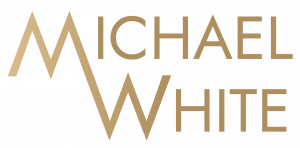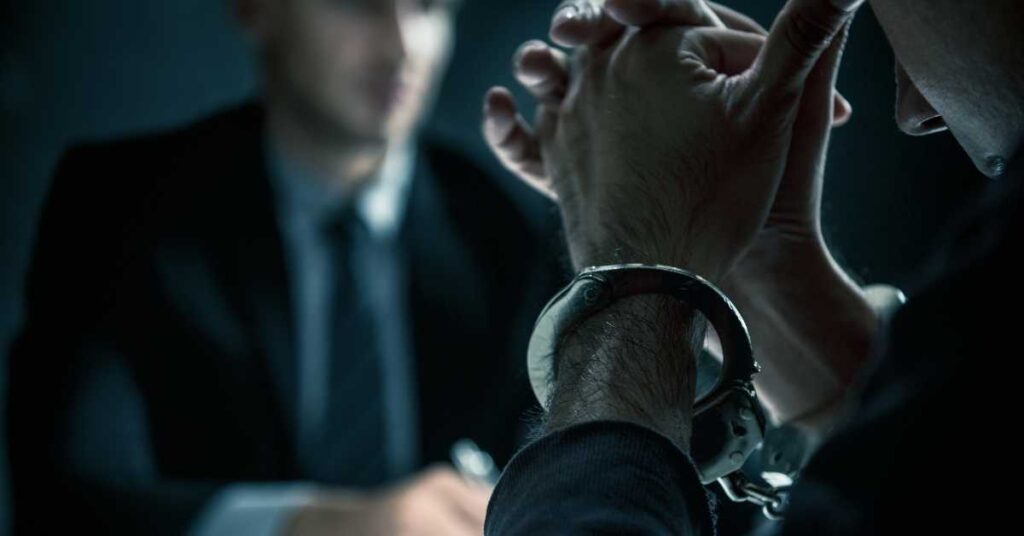🧠 How a Criminal Defense Lawyer Challenges Evidence in Florida
If you’re facing criminal charges in Florida, your future depends on one key factor: evidence. The prosecution carries the burden of proof, and your criminal defense lawyer’s job is to challenge, weaken, or exclude that evidence.
Here’s how a strong defense attorney builds your case by exposing flaws in the prosecution’s argument.
🧾 1. Challenge the Chain of Custody
The chain of custody refers to every person or agency that handles a piece of evidence from the time it’s collected until trial.
Your attorney may ask:
- Was the evidence properly labeled and stored?
- Did anyone fail to document their handling of it?
- Has the evidence changed or been tampered with?
If there’s a break in the chain, your lawyer may argue that the evidence is unreliable or inadmissible in court.
👨⚖️ 2. Dispute Expert Witness Testimony
Prosecutors often call expert witnesses—such as forensic specialists or lab technicians—to interpret evidence for the court.
But just because someone is labeled an “expert” doesn’t mean they’re correct.
A skilled defense lawyer can:
- Cross-examine the expert
- Highlight any lack of credentials or bias
- Present a defense expert with a competing interpretation
If it’s expert vs. expert, the judge or jury may be less likely to view the State’s evidence as credible.
🔬 3. Expose Flaws in Forensic Evidence and Police Procedures
Even scientific evidence can be flawed. Your attorney may:
- Challenge how evidence was collected or stored
- Question the testing methods or lab results
- Point out violations of your constitutional rights, like unlawful searches or failure to read Miranda rights
📌 If the police violated your rights, your lawyer may file a motion to suppress illegally obtained evidence.
Breaking the chain of custody and forensic evidence is often key to suppressing lab results or toxicology findings
👁️ 4. Uncover Inconsistencies in Witness Testimony
Witnesses are human—and memory can be unreliable. Your lawyer may:
- Compare witness statements over time
- Cross-examine them for contradictions or inconsistencies
- Point out if their recollections are influenced by external factors (like news coverage or pressure from law enforcement)
If a witness changes their story even slightly, it may weaken their credibility and raise doubt about the State’s version of events.
📞 Contact Michael White, P.A. — Fort Lauderdale Criminal Defense
Your defense begins with a deep, strategic analysis of the evidence. At Michael White, P.A., we’ve helped hundreds of clients across Fort Lauderdale and South Florida defend their rights and dismantle the prosecution’s case.
Attorney Michael White spent years as a Florida prosecutor, giving him unique insight into how the State builds its evidence—and how to break it down.
📲 Call (954) 270-0769 or schedule a free consultation to fight your criminal charges with confidence.
💬 Frequently Asked Questions: Challenging Evidence in Florida Criminal Cases
Q1: What does it mean to challenge the chain of custody?
A: It means questioning how evidence was handled and stored from the time it was collected to when it’s presented in court. Breaks or errors in the chain may result in the evidence being thrown out.
Q2: Can a defense attorney dispute expert witnesses?
A: Yes. Your lawyer can challenge an expert’s qualifications, bias, or conclusions—and may bring in a defense expert to offer a conflicting interpretation of the same evidence.
Q3: What happens if the police violated my rights while collecting evidence?
A: If your rights were violated (e.g., unlawful search, no Miranda warning), your attorney can file a motion to suppress that evidence—meaning it can’t be used against you in court.
Q4: Is forensic evidence always accurate?
A: No. Forensics can be flawed due to human error, improper testing methods, or contamination. A skilled defense lawyer will examine how the evidence was collected and analyzed.
Q5: Can witness statements be challenged?
A: Absolutely. Your attorney may uncover inconsistencies, bias, or memory issues during cross-examination—weakening the witness’s credibility and the case against you.




